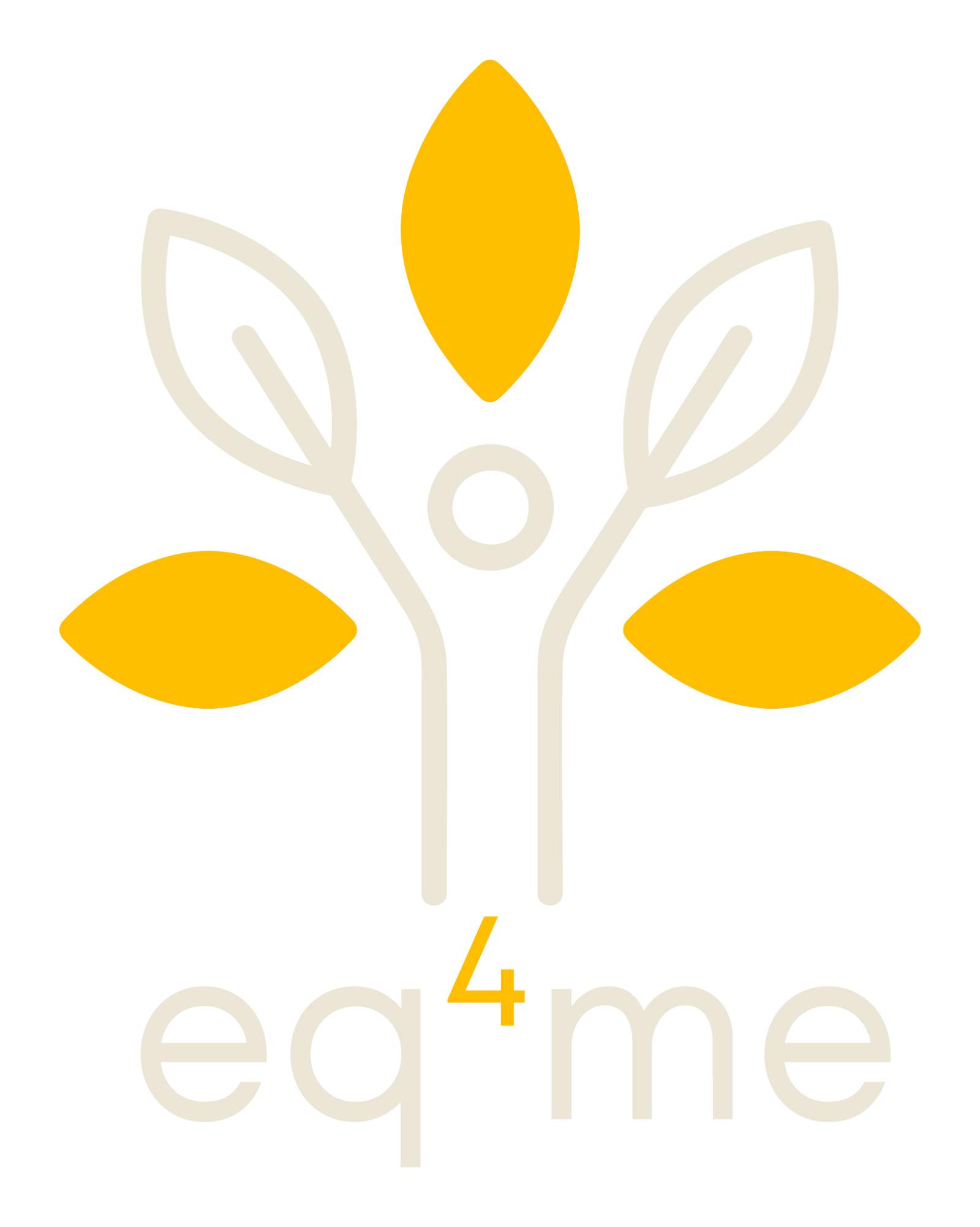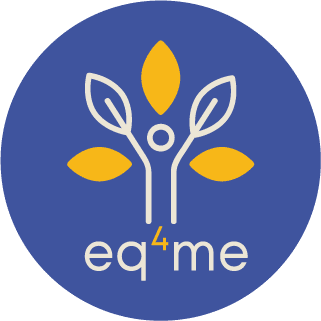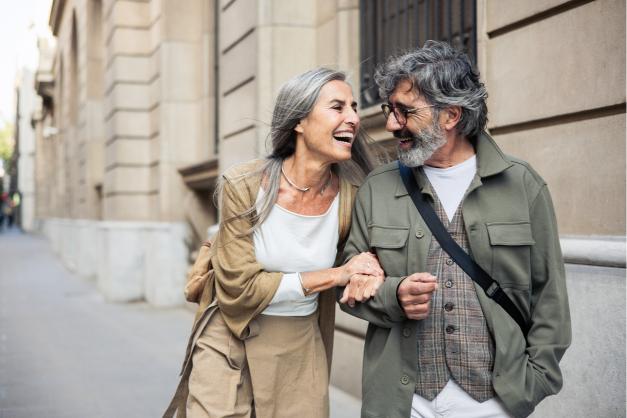Emotional Safety: The #1 Relationship Skill You May Be Overlooking
It’s the invisible glue that makes love last, teams thrive, and families stay connected. Here’s how to create it, starting today.
There’s a silent question running in the background of every relationship you have, whether it’s your partner, your child, your colleague, or your closest friend:
“Am I safe with you?”
Not physically safe, emotionally safe.
Emotional safety is the invisible glue of every healthy relationship. When its there, people open up. They feel seen, heard, and respected. They take risks, speak honestly, and lean into connection. When it’s missing? They shut down. They edit themselves. They defend, withdraw, attack, or go quiet.
And here’s the part we often miss:emotional safety isn’t a personality trait…it’s a skill.
Which means you can learn it, practice it, and offer it to the people around you.
Let me tell you what emotional safetyisn’t.
It’s not being nice all the time.
It’s not avoiding conflict or pretending everything’s fine.
It’s not giving people a free pass to say whatever they want.
What itis, is this:
It’s the felt sense that someone can express themselves, without fear of being shamed, judged, interrupted, or emotionally punished.
Let’s say your partner tells you they’re feeling distant. Or your employee gives feedback about your leadership. Or your teenage child admits they’re struggling. In that moment, everything in you might want to defend, explain, fix, or control.
But emotional safety is created when youdon’t react from fear or ego.
Youlisten.
Youbreathe.
You stay present with the other person’s truth, even if it’s hard to hear.
According to neuroscience, this is powerful. When people feel emotionally unsafe, theamygdala lights up, triggering fight, flight, or freeze reactions. Blood rushes to the body, not the brain. We can’t think clearly or relate constructively. But when the brain detects emotional safety, it calms down. Theprefrontal cortex comes online, and empathy, reasoning, creativity, and trust become possible.
In romantic relationships, emotional safety is what allows vulnerability to flourish. In families, it’s what keeps communication alive. In teams, it fuels innovation and psychological safety. It’s the foundation for love, learning, healing, and growth.
So, how do you create it?
Here are five practical ways:
1. Regulate your own emotions first.
If you’re reactive, it’s hard for others to feel safe around you. Learn to notice your triggers, breathe through them, and pause before responding. The calmer you are the safer others feel.
2. Listen to understand, not to fix.
Most people don’t want solutions, they just want to feel heard. Mirror back what you’re hearing. Ask gentle questions. Let silence do some of the work.
3. Validate their experience.
You don’t have to agree to empathize. Saying,“That sounds really difficult” or“I can see why you’d feel that way” goes a long way. Validation tells people their feelings are real and acceptable.
4. Avoid shame-based language.
Phrases like“What’s wrong with you?” or“You always do this” trigger shame and defensiveness. Speak in ways that protect dignity, especially when giving feedback.
5. Keep confidence sacred.
Nothing destroys emotional safety faster than broken trust. If someone shares something vulnerable, honour it with discretion and respect.
This doesn’t mean you allow disrespect or walk on eggshells. It means you create a space where truth can be spokensafely. Where emotion isn’t weaponised. Where people are more important than being right.
When you build emotional safety, you become someone others can trust, not just in the good moments, but in the hard ones too.
And if you're wondering whether this applies to you, it does.
We all need it.
We all crave it.
And we’re all responsible for creating it.
So, this week, ask yourself:
Do the people around me feel safe with me?
If not, what would it take to become that person?
You don’t need to be perfect; you just need to be present and empathetic.
Let today be the day that you start to build emotional safety for yourself and those around you, at home, at work, and in all your relationships. For me, the rewards have been life-changing!




